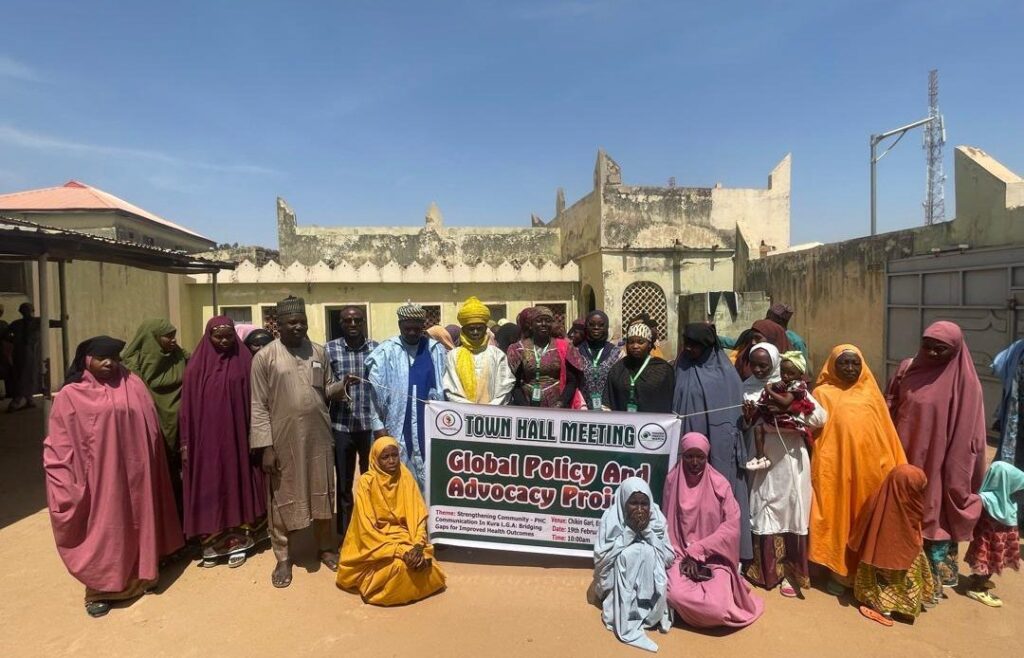By Atoyebi Nike
In many rural Nigerian communities, cultural norms continue to place maternal health squarely on the shoulders of women, sidelining men from what should be a shared responsibility. This deeply rooted patriarchy often means that pregnant women must navigate healthcare decisions, access to nutrition, and emotional well-being with little to no support from their partners.
This systemic neglect is proving deadly. In northern Nigeria, where men largely control financial decisions and household affairs, pregnant women face severe delays in accessing antenatal care and nutritional support. Experts warn that these delays are a major contributor to Nigeria’s alarming maternal mortality rate—one of the highest in the world.
Supervised by Nigeria Health Watch and supported by MSD for Mothers, a recent community-informed maternal death review revealed troubling insights. Conducted in 2020, the review uncovered widespread emotional neglect, lack of male involvement in pregnancy care, and poor integration of mental health into antenatal and postnatal services. These gaps, the study found, are silently contributing to avoidable maternal deaths across Nigeria.
“When men in our communities refuse to accompany their wives to health facilities until complications arise, it often ends in tragedy,” said Hindatu Shu’aibu Aliyu, a community member in Kura LGA, Kano State.
At a town hall meeting in Ghari LGA, female community leaders voiced concern about traditional resistance to medical care. Many men, they said, still insist on home deliveries by untrained birth attendants, despite the risks.
Beyond healthcare access, nutrition remains a hidden factor driving maternal complications. Pregnancy significantly increases a woman’s need for nutrients like iron, calcium, and folic acid. But in a country grappling with poverty, inflation, and food insecurity, many families struggle to provide nutritious meals, let alone supplement a pregnant woman’s diet.
“We see women prioritizing their children’s meals while neglecting their own dietary needs,” a local health worker observed during a recent engagement in Wudil LGA. “It’s a cycle of self-sacrifice that too often ends in crisis.”
To address this, Nigeria Health Watch, through its Global Advocacy and Policy Project, is working in Kano State to bridge these gaps. One strategy involves mobilizing men to not only support their partners physically and emotionally, but also become informed allies in nutrition and antenatal care.
In Wudil, sensitization campaigns have begun to shift mindsets. Men are being encouraged to attend antenatal visits, learn about pregnancy nutrition, and advocate for better maternal health services. Community stakeholders are also pushing for stronger grassroots awareness campaigns through religious centres and community forums.
“Support from men can no longer be passive,” a stakeholder noted. “It must be intentional, consistent, and rooted in understanding.”
Changing entrenched cultural beliefs is no easy task. But with the right approach, involving men as advocates—not just observers—may prove pivotal in rewriting the story of maternal health in Nigeria.
When men rise to the occasion, the impact goes beyond the lives of mothers—it ripples through families, communities, and future generations.
NIGERIA HEALTH WATCH


